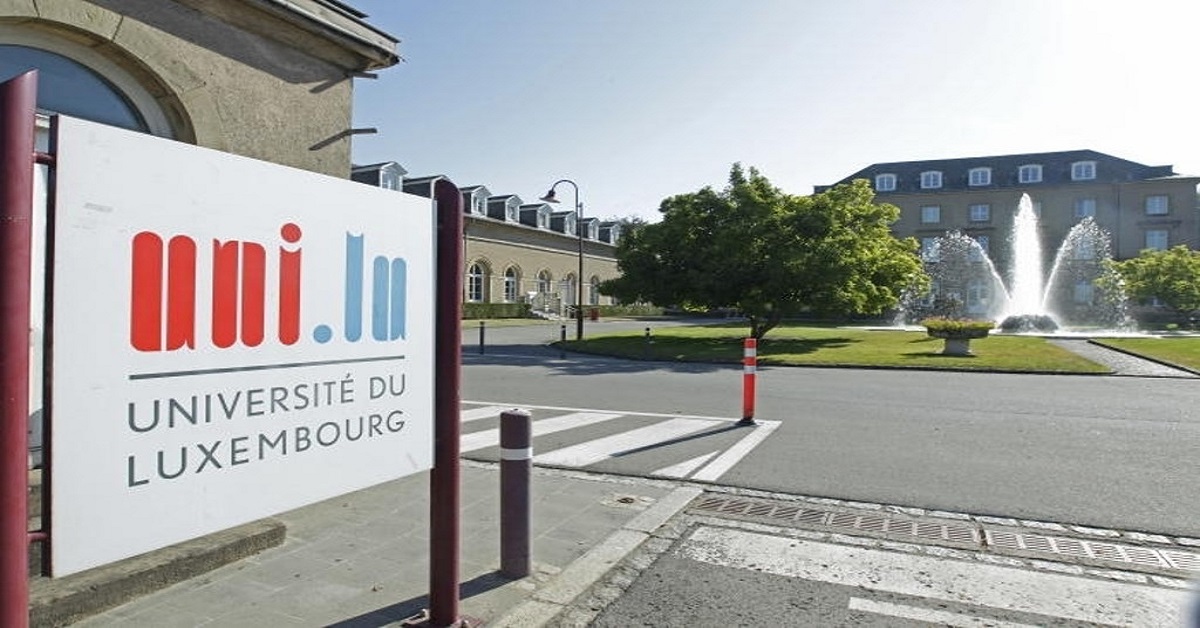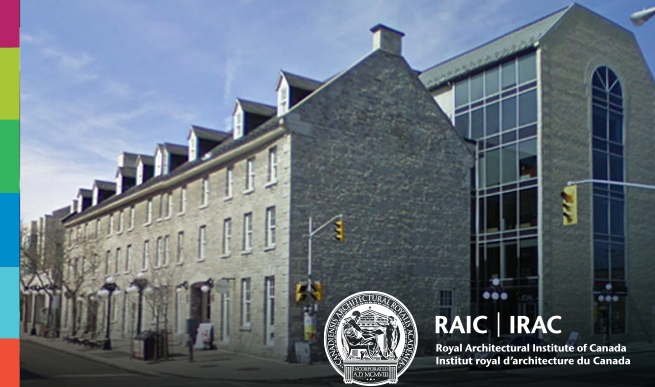
Postdoc: Modifiable risk factors and inequalities in cognitive ageing, From Educational Opportunities to Individual Risk Profiles
The University of Luxembourg is an international research university with a distinctly multilingual and interdisciplinary character. The University was founded in 2003 and counts more than 6,700 students and more than 2,000 employees from around the world. The University’s faculties and interdisciplinary centres focus on research in the areas of Computer Science and ICT Security, Materials Science, European and International Law, Finance and Financial Innovation, Education, Contemporary and Digital History. In addition, the University focuses on cross-disciplinary research in the areas of Data Modelling and Simulation as well as Health and System Biomedicine. Times Higher Education ranks the University of Luxembourg #3 worldwide for its “international outlook,” #20 in the Young University Ranking 2021 and among the top 250 universities worldwide.
The Faculty of Humanities, Education and Social Sciences (FHSE) brings together expertise from the humanities, linguistics, cognitive sciences, social and educational sciences. People from across 20 disciplines are working within the Faculty. Along with the disciplinary approach a very ambitious interdisciplinary research culture has been developed.
The faculty’s research and teaching focuses on social, economic, political and educational issues with the common goal of contributing to an inclusive, open and resourceful society. The FHSE offers four Bachelor and 15 Master degrees and a doctoral school providing students with the necessary knowledge and high-qualified skills to succeed in their future career.
The University of Luxembourg (UL) invites applications for a postdoc position to work on the project ‘Cognitive Ageing: From Educational Opportunities to Individual Risk Profiles’ funded by the European Research Council (https://cognitiveageing.uni.lu).
Your Role…
Project description:
The importance of brain health is increasingly recognized as one of the main challenges of today’s ageing societies and factors such as educational opportunities, socioeconomic conditions, and health behaviours play a role in maintaining brain health. The CRISP project takes a life course and social epidemiological perspective to identify further social and behavioural risk factors of impaired brain health, their interactions and possible windows for interventions against cognitive ageing. We analyse single and harmonized datasets such as PIACC, the family of Health and Retirement Studies and national cohort studies with advanced quantitative methods, such as methods for causal inference in observational data and machine learning.
Several sub-projects are available:
- What was the impact of educational expansion on today’s older cohorts’ cognitive levels?
- What impact would improvements in modifiable risk factors, such as education, depression, or physical activity have on later-life cognitive functioning? Micro-simulation and other simulation methods
- How are microbiome, stress, and depression linked with socioeconomic status and cognitive functioning?
- Risk profiles and risk factor interactions contributing to cognitive ageing and dementia
The successful candidate is expected to bring their set of skills to contribute to and develop one or more of the subprojects. Further sub-projects in line with the CRISP aims are highly encouraged.
Your tasks:
- Contribute to the project’s research on cognitive aging and dementia
- Conduct data analysis and prepare papers for publication in leading international peer-reviewed journals
- Disseminate findings at conferences and meetings
What we expect from you…
- PhD in one of the domains relevant for the project, e.g. Psychology, Sociology, Biostatistics, Public Health
- Advanced quantitative/statistical and programming skills
- Fluency in English language
- Strong ability to work both independently and as part of a team
What we offer…
- A position in a highly visible research project at the frontiers of knowledge in the field of social inequalities, health, and cognitive ageing
- Opportunities for further training, international mobility, career development and participation in international conferences
- A multi-disciplinary, international, well-equipped work environment
In Short…
- Contract Type: Fixed Term Contract 25 Month
- Work Hours: Full Time 40.0 Hours per Week
- Location: Belval
- Job Reference: UOL04986
The yearly gross salary for every Postdoctoral Researcher at the UL is EUR 77.167,08 (full time)
How to apply…
Applications (in PDF) should be submitted online and include:
- Curriculum Vitae with list of publications
- Motivation letter (1/2-1 page) detailing your interest to contribute to the CRISP project
- Contact details of two persons with full name and institution that can be approached as referees
- Copies of diplomas or transcripts with grades if issued in a language other than English, French or German
Please apply by 15 June 2022. Applications will be immediately considered until the position is filled. Shortlisted applicants will be invited for an interview on site or via video call.
The ERC StG project CRISP (grant no. 803239, PI: Assoc. Prof. Anja Leist) ‘Cognitive Aging: From Educational Opportunities to Individual Risk Profiles’ is an interdisciplinary project located in the Social Sciences. Please contact Anja Leist (anja.leist@uni.lu) in case of further questions.
For candidates applying from outside the EU, please consult the Foreign Researcher’s Guide to Luxembourg.
The University of Luxembourg embraces inclusion and diversity as key values. We are fully committed to removing any discriminatory barrier related to gender, and not only, in recruitment and career progression of our staff.
Here’s what awaits you at the University
- Multilingual and international character. Modern institution with a personal atmosphere. Staff coming from 90 countries. Member of the “University of the Greater Region” (UniGR).
- A modern and dynamic university. High-quality equipment. Close ties to the business world and to the Luxembourg labour market. A unique urban site with excellent infrastructure.
- A partner for society and industry. Cooperation with European institutions, innovative companies, the Financial Centre and with numerous non-academic partners such as ministries, local governments, associations, NGOs …
![Postdoctoral and Research Opportunities at McGill University [CA]](https://scholaridea.com/wp-content/uploads/2020/06/mcgill-university-30-may-2019-768x402.jpg)

